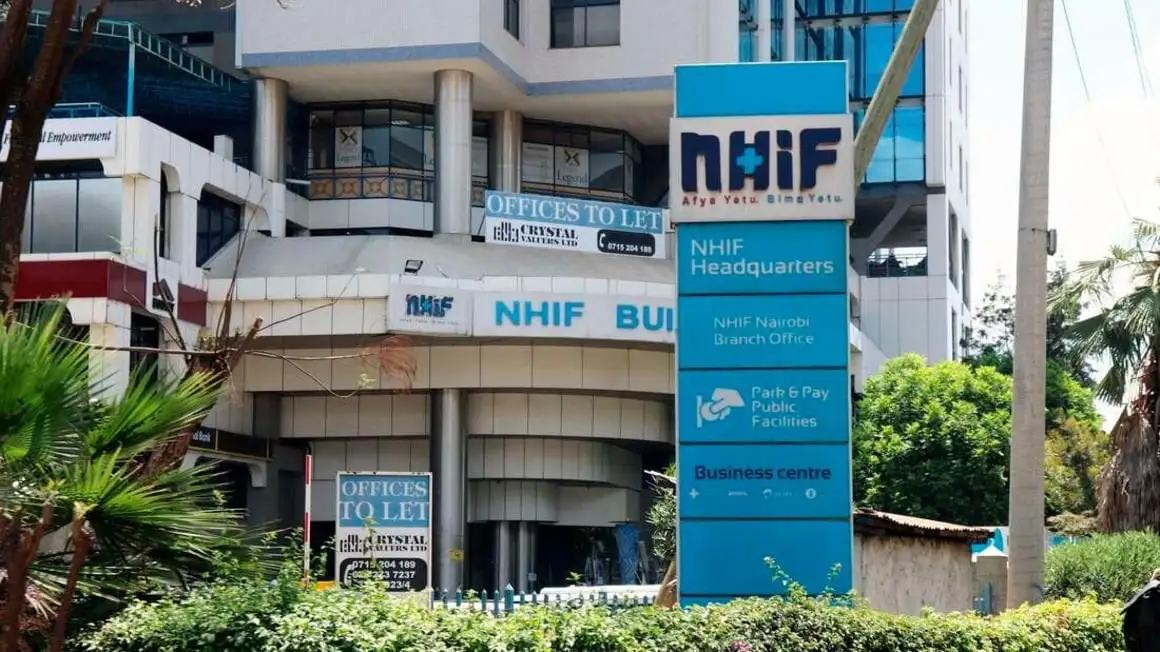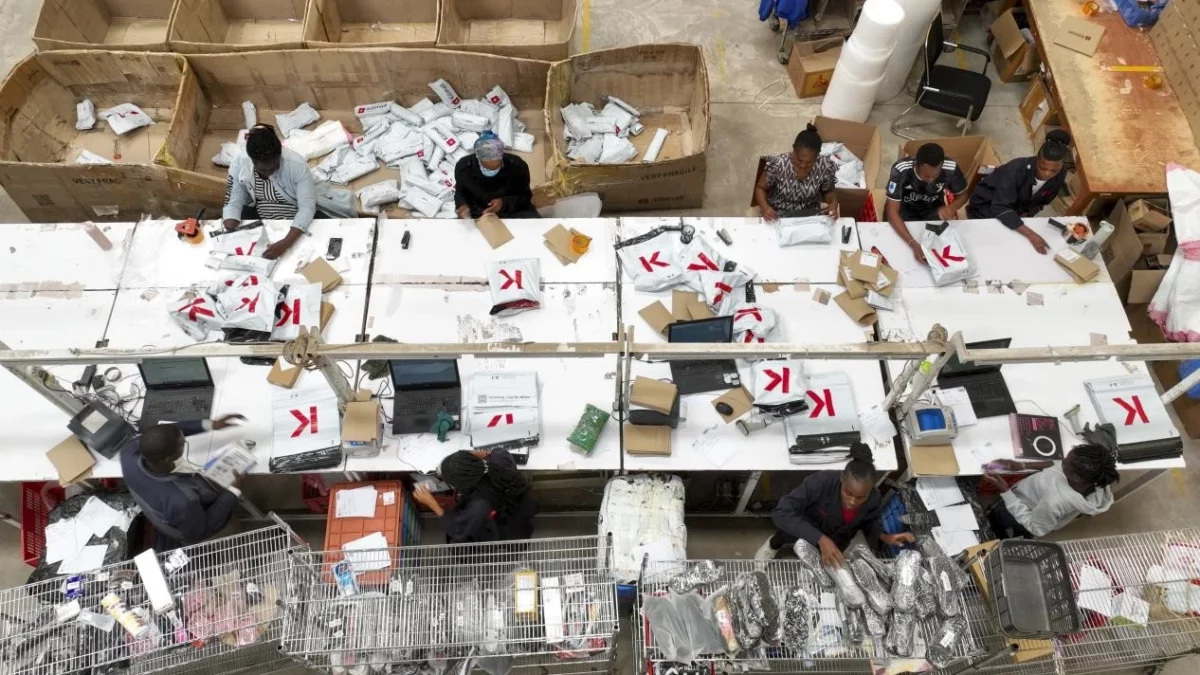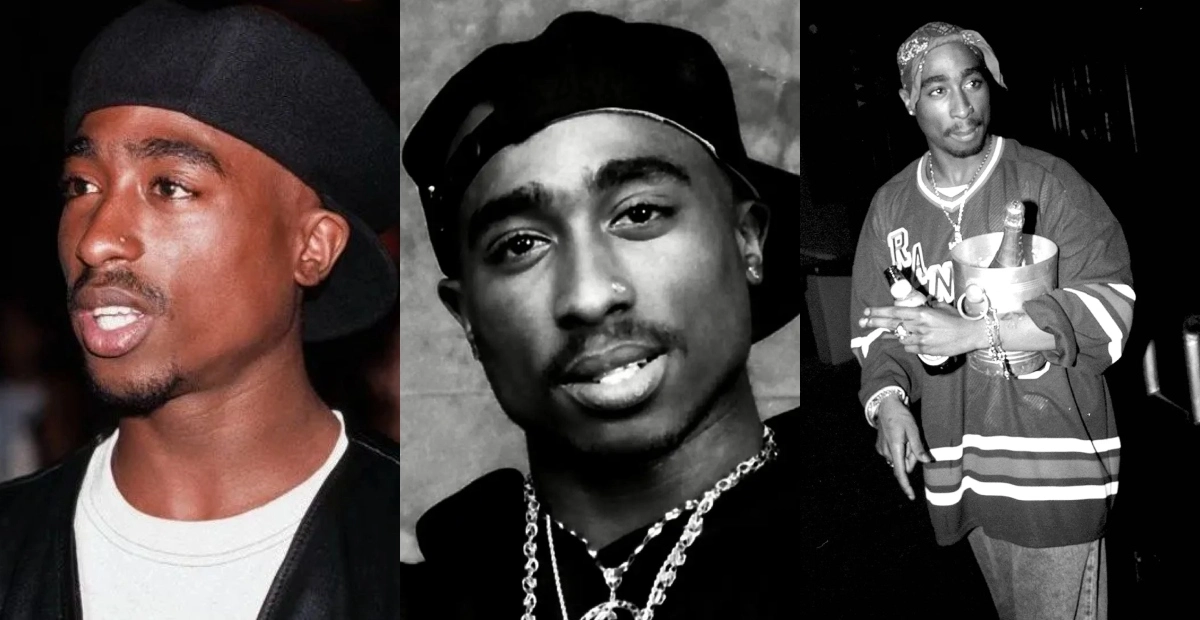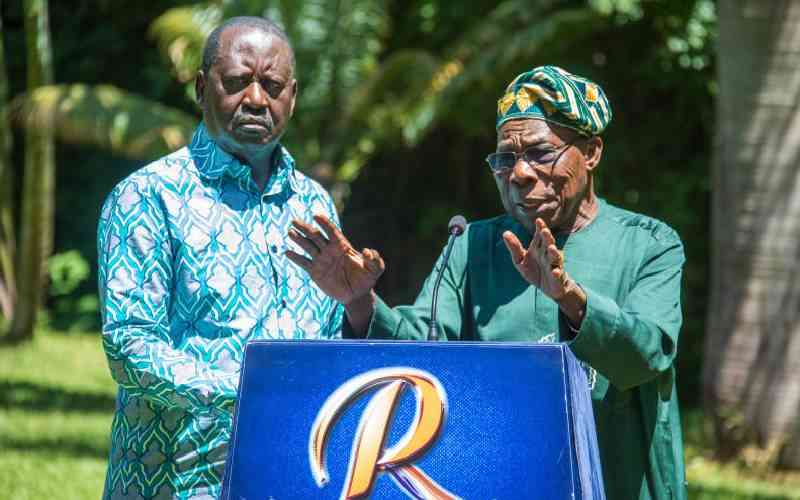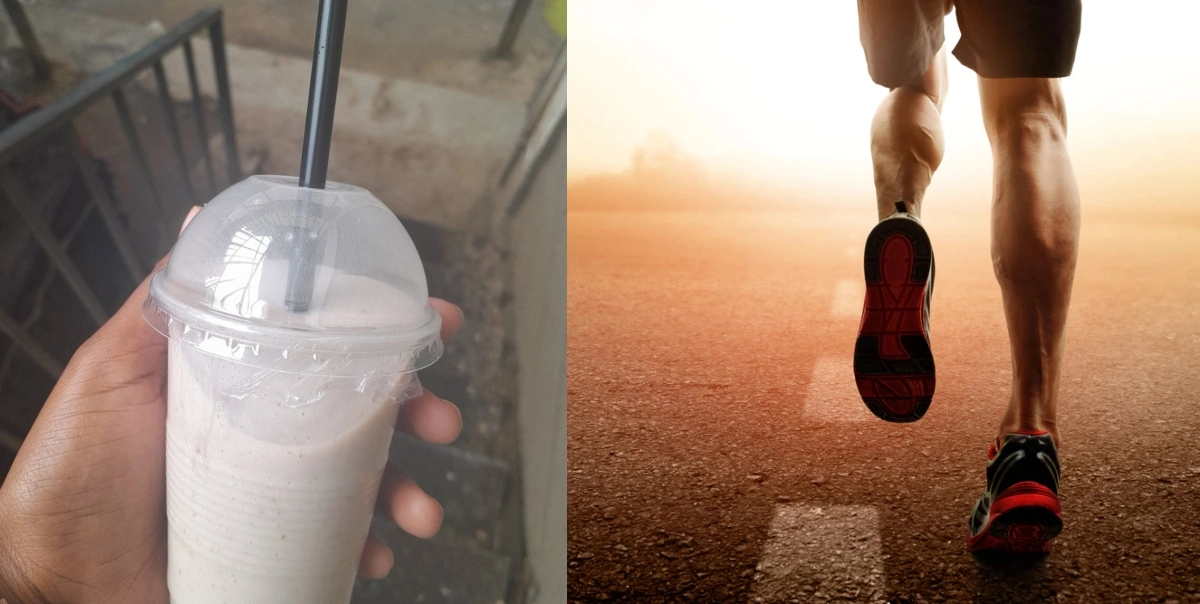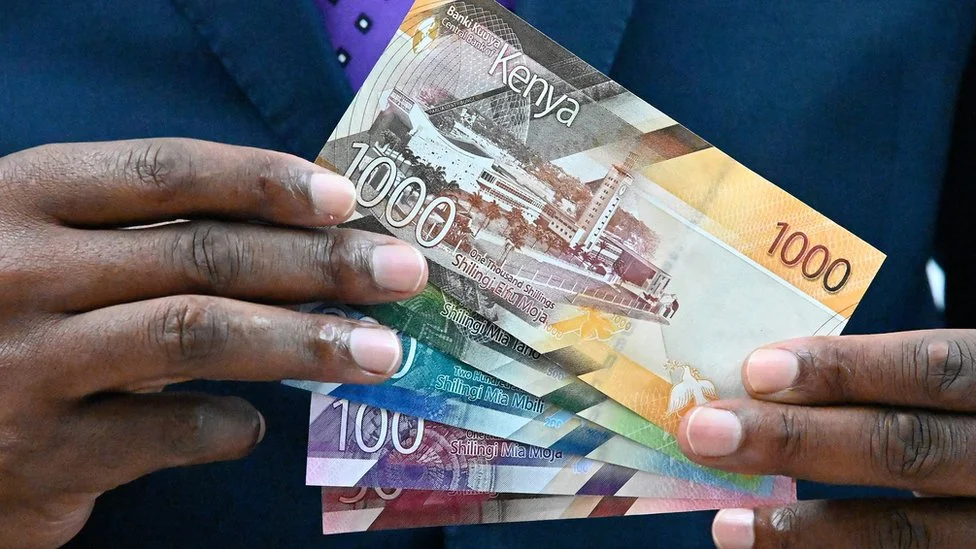MPs were presented with evidence indicating that the National Health Insurance Fund (NHIF) had paid a sum of Sh9 billion in premiums under the Work Injury Benefits Act (WIBA), while the total claims made by patients amounted to a mere Sh200 million.
The figures have prompted suspicions among MPs that a grand scheme to defraud Kenyan citizens of at least Sh8.8 billion might be at play.
At a meeting with the NHIF acting Chief Executive Samson Kuhora, the MPs, led by National Assembly Health Committee chairperson Robert Pukose, expressed their deep concern over the substantial gap between premiums paid and claims made.
![NHIF Building. [PHOTO/Courtesy] MPs](https://news.switchtv.ke/wp-content/uploads/2023/08/NHIF-Building.webp)
Pukose minced no words as he stated, “You cannot be paying Sh9 billion to insurance companies. This is clearly a cash cow for some individuals.”
He went on to emphasize the need for NHIF to reconsider such exorbitant premium payments.
Pukose asserted that the situation appeared to involve more than just system errors, implicating human interference as well.
“The fraud that is happening in NHIF is not about the system alone but also human interference,” Pukose remarked, hinting at a complex web of deceit.
He went on to warn that the committee would take actions that might not bode well for those involved.
Mwea MP Mary Maingi questioned NHIF’s management about the high premiums and minimal claims.
“You paid premiums worth Sh9 billion yet the claims are only Sh200 million. Could you tell us whether someone is thinking outside the box about this or this is a cash cow for you people?” Maingi demanded an explanation.
Duncan Mathenge, Nyeri town MP, pointed out the glaring increase in premiums for WIBA compared to other insurance schemes.
“Could you explain why there is a significant jump in this, what is causing this?” Mathenge questioned, seeking clarification on the sudden surge in claims.
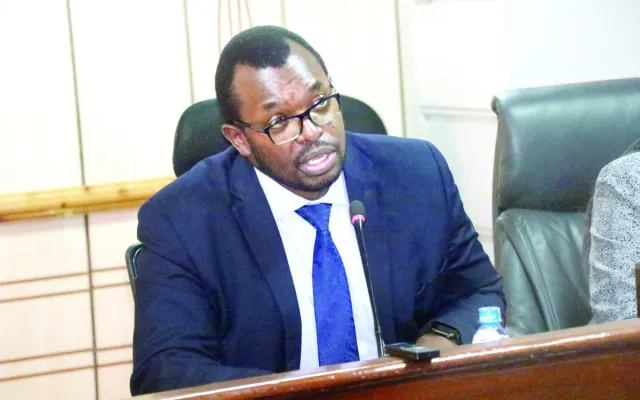
In response, Kuhora acknowledged the low payout and cited the Covid-19 period as a factor in boosting individual payouts.
“The scope related to the management of Covid-19 is what pushed the premiums as we had to support the workers. We supported around 599,000 workers,” Kuhora explained.
However, MPs disputed Kuhora’s claim that NHIF covered Covid-19 patients’ expenses, asserting that the government had taken care of those costs.
“NHIF did not pay for Covid patients. This was catered for by the government,” Maingi refuted.
Read also: NHIF CEO Explains How Government Arrived at the 2.75% Deduction Rate
The MPs also raised concerns over NHIF’s biometric systems, urging the fund to upgrade its existing system rather than investing in a new, costly one.
NHIF had initially planned to spend Sh4.2 billion on a new biometric system, whereas the current system cost Sh1.6 billion.
Acting ICT Director Washington Okoth assured the committee that the current biometric system was advanced and up to date, capable of addressing the gaps identified.
“The technology has eliminated fraud impersonation and reduced paper work across its countrywide branches,” Okoth explained, suggesting that an upgrade was a more cost-effective solution.
As the investigation unfolds, the revelations have left Kenyans shocked and concerned about the integrity of the NHIF system.
Subscribe to Switch TV


